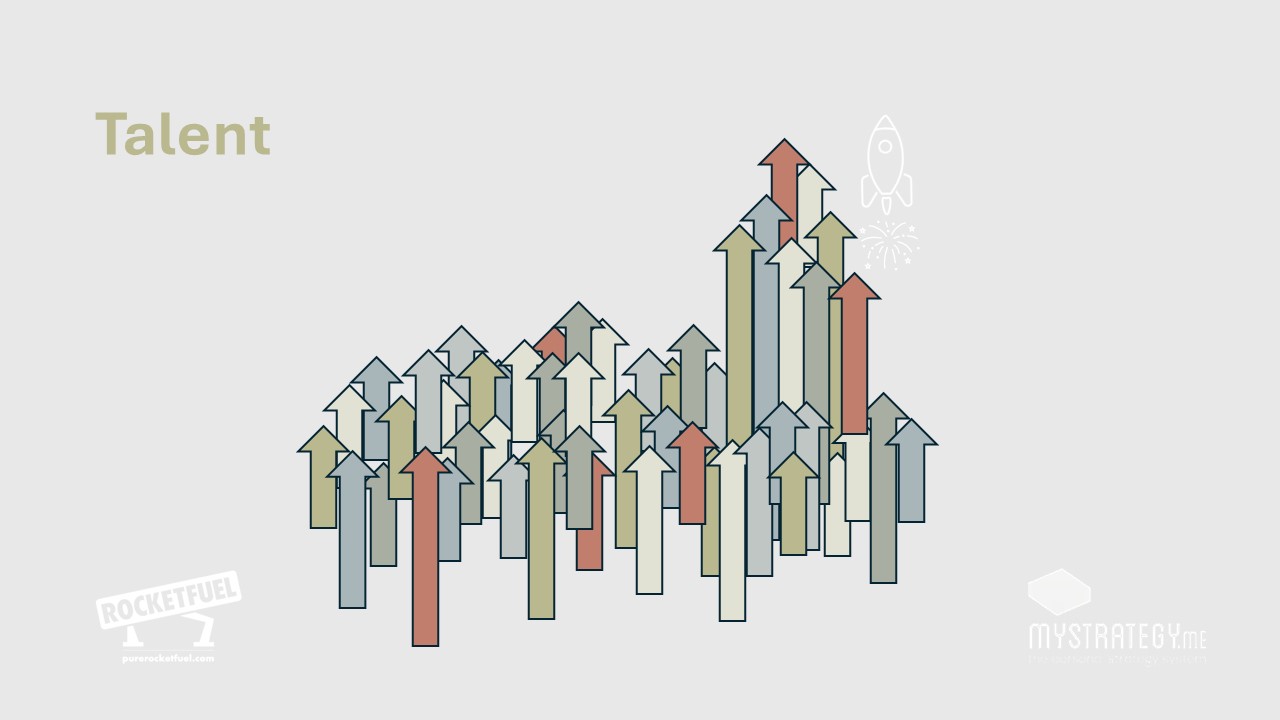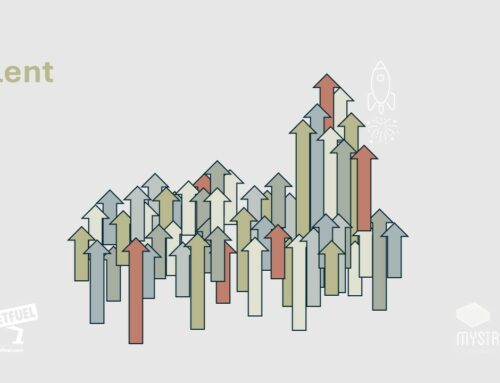
Do we really want to reach the point where experience ceases to count, asks Leadership & Performance Coach, Davina Greene.
People increasingly want everything now – including their own progress. They want to be considered Talent, unless they’re doing their job badly. But, of course, we cannot let the word “talent” equate to the word “average”. That would be crazy.
This increased pace is not news. Access to information and buzzwords means people think they know things that they don’t actually know; makes people think they’ve experienced things that, in reality, they’ve only read or observed. This creates an interesting environment for managers (to put it mildly). This is why I spend a good amount of time drilling into things like Dunning-Kruger, Fluency, and concepts such as “the empty suit” when coaching groups, in particular. “Just because you understand the words doesn’t mean you’ve mastered the concept. Practice makes perfect”.
A regular query is how to slow down the hyper-ambitious, without damaging the great work they currently do, and the strong self-esteem to which their hard work pretty much entitles them. For example: how to get an unhappy developing manager to understand that, five years post-uni, they are not necessarily ready to be a Head of Function because they simply haven’t been tested yet to the level of someone who convincingly holds that title.
The concept of experience, it seems, is taking a real knock nowadays!
Why does experience count?
Anyone who has carried out masses of interviews, like myself, can see lots of answers to this very clearly. Some examples would be:
Resilience. The higher you go, the more resilient you need to be. There’s nothing more annoying than hearing about someone in a senior position who snaps or cries a lot (it happens way more than you would think) – that’s not a behavior that anyone can look up to. Therefore, we all ask about resilience at interview. And of course, everyone says their resilience is strong. How does an interviewer differentiate? In general (and I can only ever speak in general on such topics), the experienced person will give great examples of how their resilience was tested – in work and outside it; others merely discuss the idea rather than showing evidence of possessing the trait.
Implementation. Young people are very well versed in the language of People, Management and Leadership. They mention Empathy, Creativity, and Work-Life Balance at the drop of a hat. But they can lack the stories, the experience… the continuous testing and proving of this. They can talk the theory of moving from ‘friend’ to ‘manager’, but can they live it in reality? They can work to a Vision handed down by someone else, but can they create one?
Political astuteness. Some days, I end up with the view that younger generations are decreasing tolerant of ‘politics’ and fluff. Later that week, I inevitably hear enough evidence of jargon being spouted that I realize that, in fact, no, game-playing is alive and well. Either way, coping with politics is a huge skill – that is, functioning where there is lots of ego and no clear Right or Wrong. Some people thrive on it, their whole sense of self-worth depends on it – whether it’s pushing themselves up, or pushing others down, to raise their position. So it’s not going anywhere, and managers must, at least, accept its existence.
The Client (or Outsider) View. The older we get, the broader our perspective generally becomes. It makes those of us with experience answer challenging questions in a less defensive manner, with less use of the word “but”, and balancing the human and business sides of the situation. What’s the client thinking? Without experience, you can’t know. Go through a couple of hundred Sales and Client Management experiences – then I’ll listen.
Self-Knowledge. As you gather experience over the years, you likely have better knowledge of what you want your career to be, a firmer personal strategy. You stop looking for someone to ‘entertain’ you with novelty activities and choose an area where you’ll feel purposeful, even on the quieter days. It’s hard – gone are the days of reading a paper newspaper from start to finish; now we want just the sound-bites on the topics we’re interested in. Gone are the days of effort in difficult situations – for many, difficulty means something is broken. Having the grit to stay stuck-in and self-entertain is an invaluable timesaver to an employer.
Life experience, human experience, counts for a lot. As does the learning from ‘trying and failing’. People with real, quality stories – and real understanding of what’s adding value and what’s not – should always win the day.
Key Points About Experience
Experience brings knowledge, and resulting grit, that doesn’t come from a book.
Do the job, before you demand to get the job. Make it unquestionable that you deserve it.
Still not happy? Set up on your own: be the Director of Everything in a self-created environment!
When it comes to work, remember you’ve around 40 years to fill. Pace yourself.
Interested in investing in your own personal – and personal strategy – development? Check out www.MyStrategy.me!
Share This!
About the Author



